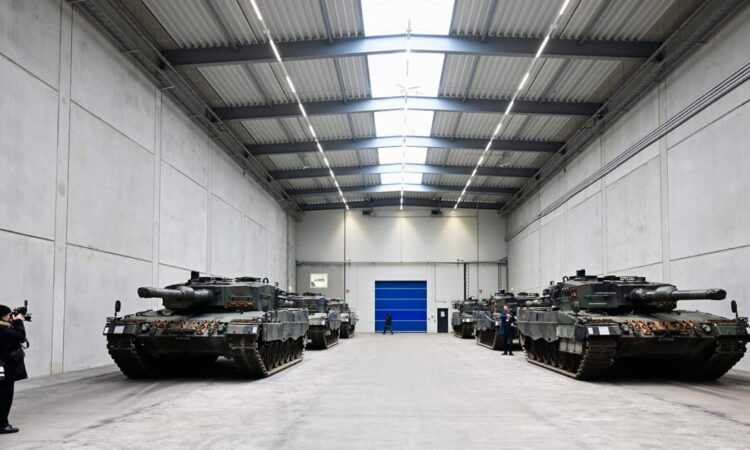
The EU’s executive branch insists it is not overstepping. Defense “must remain a national responsibility,” Breton told French media Monday. “It’s not about changing the treaties, it’s about working better together within the framework of the treaties.”
As it’s a regulation, the investment program will need sign-off from both capitals and the European Parliament.
The Commission expects pushback from governments. “We’re going to have a lot of explaining to do, I’m not going to hide it, and some things may not end up exactly where we wanted,” a Commission official told reporters last week.
“Member states won’t accept that their competences will be taken away,” a senior EU diplomat told POLITICO. “When it comes to a coordinating role of the Commission on military sales or industry consortiums, I am not sure about the value added.”
However, external events — such as Trump’s reelection or a U.S. withdrawal from NATO — could push capitals to make the jump toward more European integration in defense, according to Antonio Missiroli, a former NATO assistant secretary-general for emerging security challenges.
“The European Union tends to react to shocks,” he said, mentioning the war in Ukraine. “Paradoxically, if more shocks materialize in this respect, there will probably be more readiness to go down new paths in order to support the defense industrial base in Europe.”






